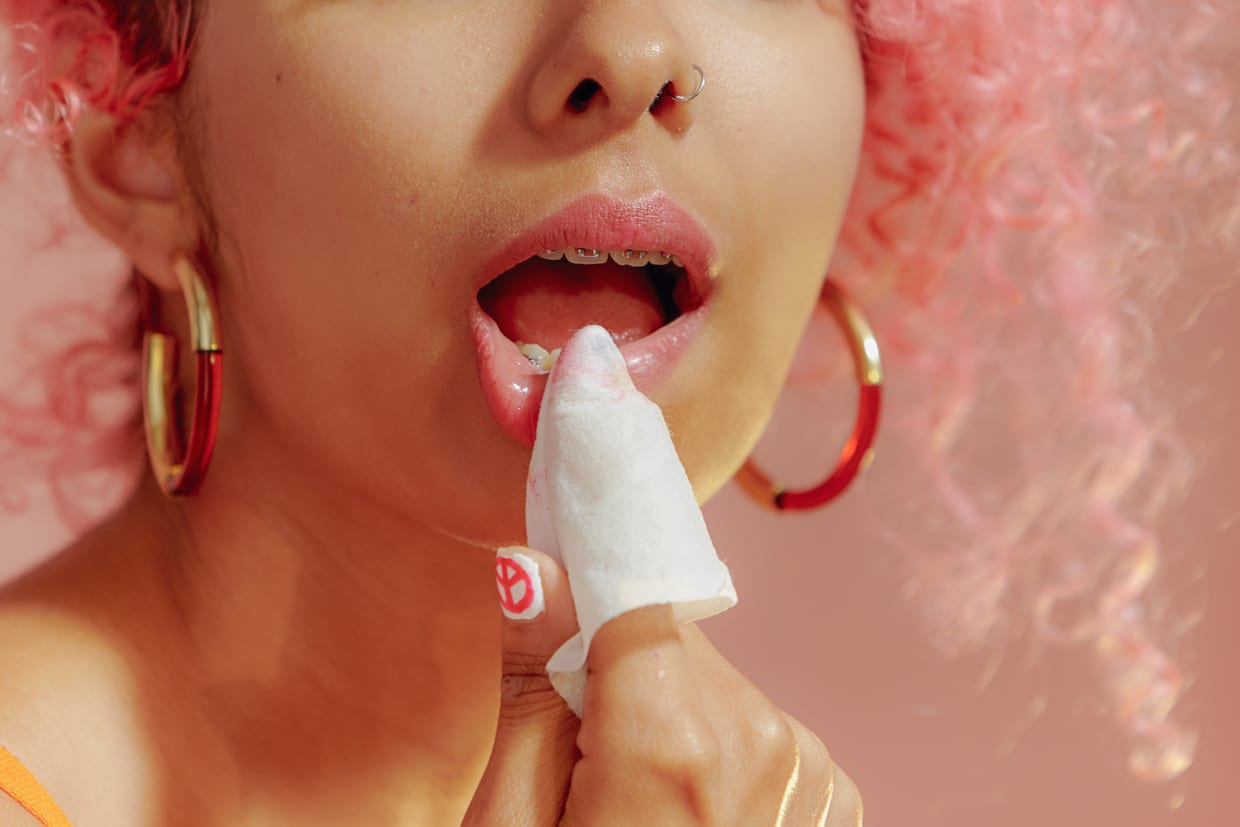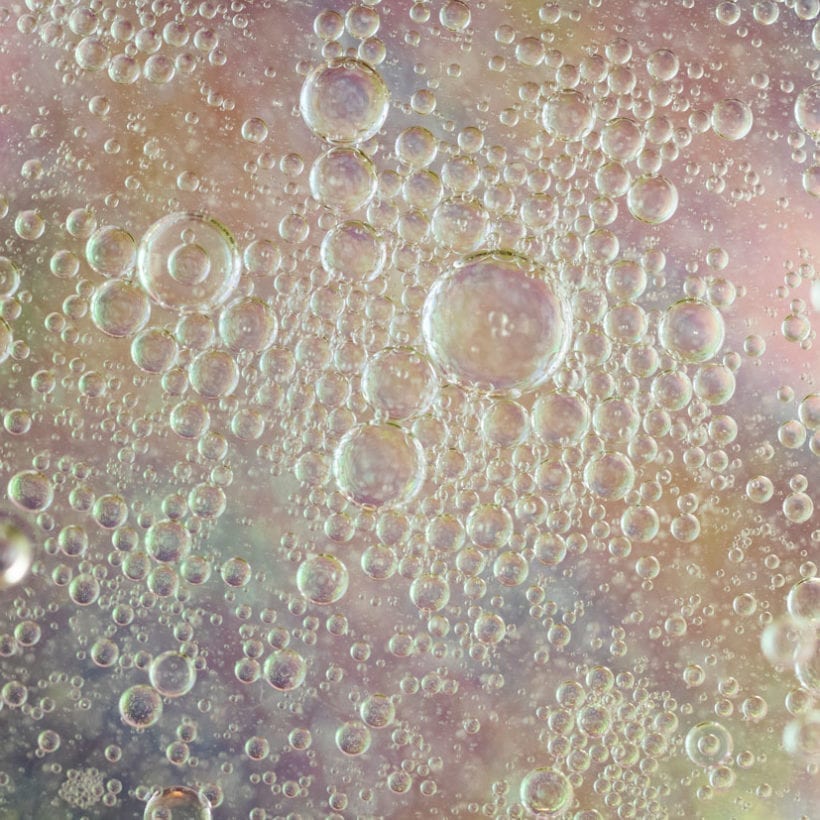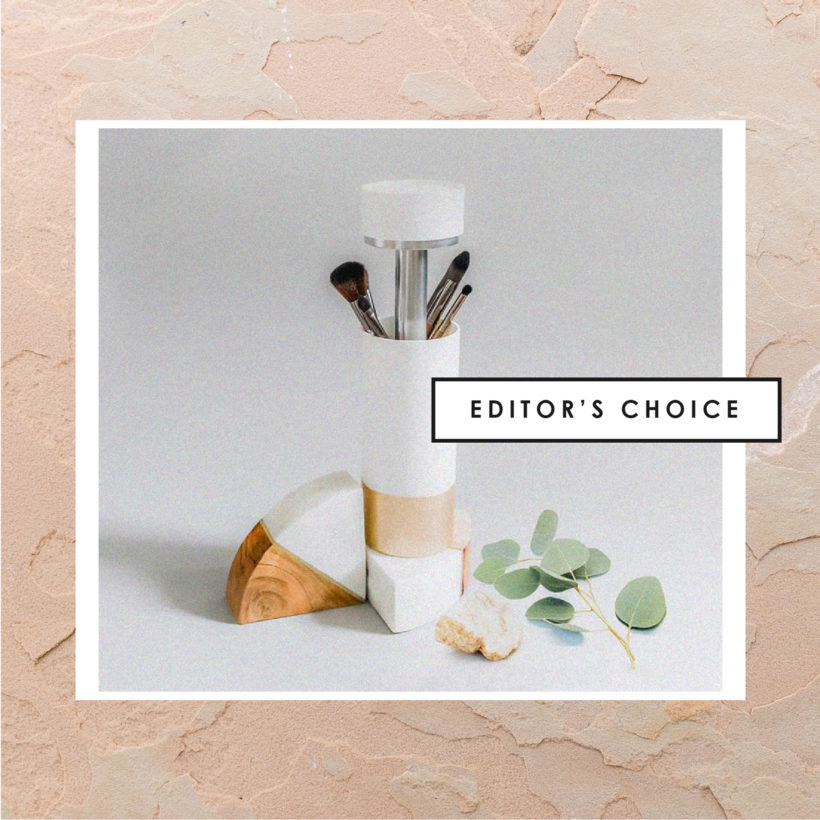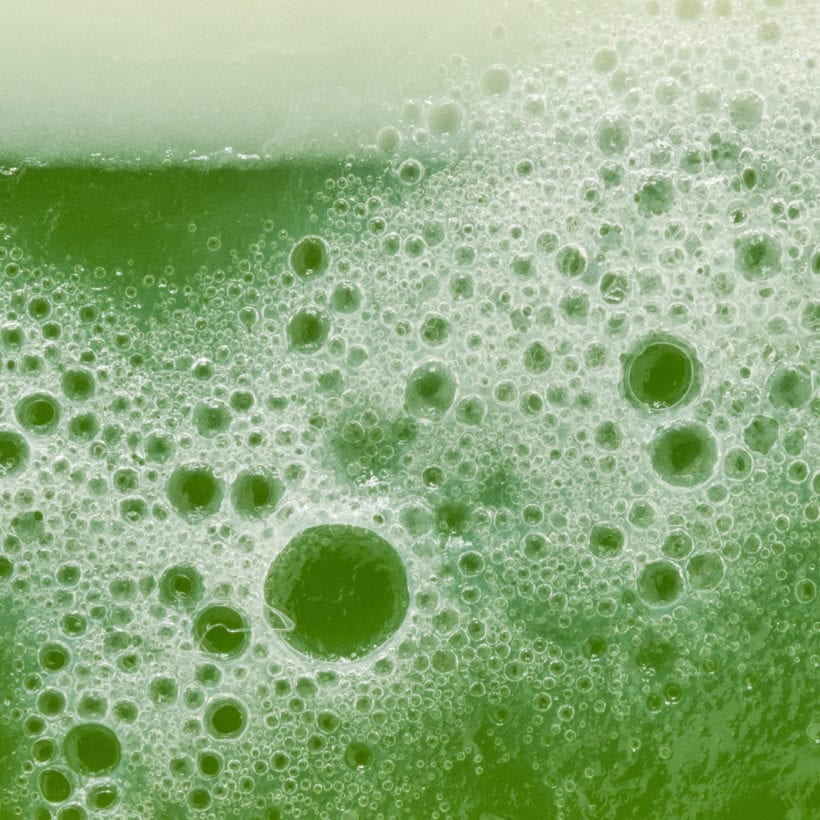We have all made the mistake of immediately lying down in bed after a late night of fun and a few drinks instead of starting our nightly skincare routine. Unfortunately, on those nights, we either forget to cleanse off our makeup altogether or resort to makeup wipes to remove the grime from our faces. But are those trusty wipes a godsend, or too good to be true?
We spoke to celebrity dermatologist Debra Jaliman, M.D., to find out what effect makeup wipes have on our skin and what toll their preservatives can take. Are they leaving us with a squeaky-clean face, or depositing more harmful chemicals in our skin?
Ingredients in Makeup Wipes
The most common active ingredients found in makeup wipes are generally the same found in cleansers: surfactants, which dissolve makeup, as well as solubilizers and emulsifiers, which get rid of the additional oil and dead skin. “The most common cleansing agent found in wipes is sodium lauryl sulfate, which can irritate your skin and eyes,” says Jaliman. However, makeup wipes are also full of preservatives to prevent bacteria and other micro-organisms from growing on the pre-moistened wipes but are actually pretty common skin irritants. These are sometimes formaldehyde-releasing chemicals and parabens. “Diazolidinyl urea is common in many wipes, and it’s an anti-microbial preservative,” says Jaliman. “If you have sensitive skin, this ingredient might irritate your skin.” Then there are the added fragrances, which can also be problematic to sensitive skin and cause allergic reactions; and alcohol, which is extremely drying and can cause irritation and stinging.
Since the standard rule of the game when using makeup wipes is not to rinse your face afterward, all these chemicals are left as residue and penetrate the skin. In high concentrations, formaldehyde and parabens are considered toxic, and some, if used often enough, may also clog your pores, even if you are not exposing yourself to high amounts of these chemicals. “Since no one knows the exact effects of low-level lifetime exposure, I recommend using these wipes only when necessary, and not as an every-day use item,” says Jaliman.
What if You Have to Use a Makeup Wipe?
Of course, sometimes using a makeup wipe is a necessity, like when you are stuck camping without potable water facilities, or if you hit the gym on-the-go and can’t make it to the shower. In these cases, dermatologists agree that using a makeup wipe is better than nothing. “I prefer using a makeup remover wipe over falling asleep with a full face of makeup,” says Jaliman. “Sleeping with makeup on and not washing your face before going to bed or working out at the gym allows bacteria to grow on your skin and clog pores.” But if you can swing it, still try to rinse with water. “I would right after if it’s not a natural brand of wipes,” she adds. “Some ingredients in a natural type of wipe are aloe vera leaf juice, willow bark extract, coconut oil, fruit extracts, cucumber extract, witch hazel and sugar cane.” However, most dermatologists agree that those who suffer from skin flare-ups from eczema or rosacea should try to avoid them altogether, as the preservatives and irritants in wipes can cause the conditions to flare-up.
Lastly, check the ingredients label! Opt for all-natural brands like Pacifica, Burt’s Bees or RMS Beauty and watch out for formaldehyde-releasing chemicals commonly found in the leading brands of makeup wipes in your local drugstore. For example, 2-Bromo-2-Nitropropane-1,2-Diol, found in CVS’ Beauty 360 Makeup Remover Towelettes, releases low levels of formaldehyde. And if left with no choice but to wipe and skip the rinse, at least moisturize, which may help curb any irritation and eschew the potential drying effects from alcohol and preservatives.
We only recommend products we have independently researched, tested, and loved. If you purchase a product found through our links, Sunday Edit may earn an affiliate commission.







